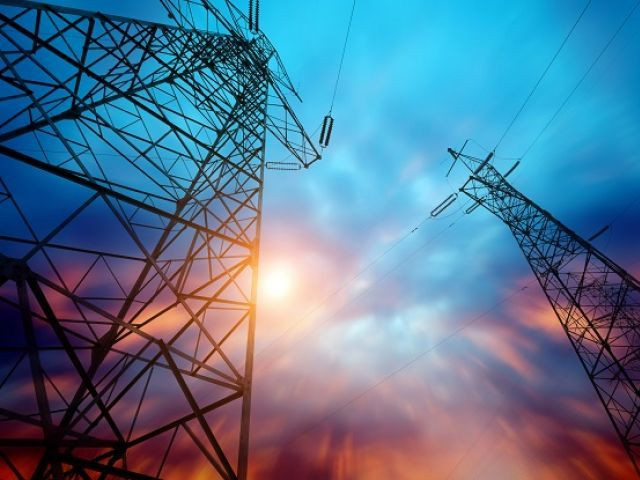Completion of energy projects key to investment: OICCI
Chief says falling rating on ease of doing business index discouraging investors

Under-construction energy projects under the China-Pakistan Economic Corridor (CPEC) are going to help increase industralisation in the country. PHOTO: REUTERS
However, they believe the government should take immediate steps to resolve taxation and smuggling issues to take maximum benefits of CPEC investments.
Power outages will end this year: CM
“Pakistan will receive foreign direct investment (FDI) once the energy crisis comes under control,” Overseas Investors Chambers of Commerce and Industry (OICCI) President Khalid Mansoor said in an interview with The Express Tribune.
Mansoor, whose organisation represents 195 multinationals operating in Pakistan, believes Pakistan needs to do much more to attract FDI which is not possible until it improves economic governance.
Security has improved in Pakistan and you can see foreigners are now increasingly coming to the country. Thousands of Chinese workers are already working on infrastructure projects in Pakistan. These CPEC projects are expected to create massive job opportunities for semi-skilled as well as skilled labour in the industries, he said.

Mansoor is confident that the Chinese investors will use Pakistan cement, steel and other raw materials in the construction of the infrastructure projects. “Chinese will use Pakistani raw materials but for that local companies should also improve their quality to meet the requirements of foreign companies,” he said.
Commenting on the concerns of some local investors who are fearful of the massive Chinese investments, he said special economic zones (SEZs) will play an important role in industrial growth in the country. Once the main problem of power shortage is resolved, both local and foreign investors will invest in the country. “Who has stopped local investors to set up industries in Pakistan?” he asked.
Not so easy doing business
All recent OICCI presidents have been drawing the attention of successive governments to Pakistan’s declining ranking on World Bank’s Ease of doing business (EODB).
From 75 out of 189 countries in 2010, Pakistan has sharply come down to 144th position in 2016, according to World Bank EODB survey results.
“Pakistan needs to urgently address the reasons of its fall in ranking in World Bank EODB. OICCI is assisting the government on the subject but action has to come from the authorities,” he stressed.
He urged the government to make tax collection targets realistic. At the end of every fiscal year, the government goes after those taxpayers who already pay heavy amounts. This happens because it sets unrealistic targets instead of collecting taxes from those that are not in the tax net. “Tell me what the government has done so far to add new taxpayers?” he asked.
Energy Abound: 2017 the year of promises: Shehbaz
He also said that tax policies which lead to new investment and employment should be suitably protected for at least 10 years so that local and foreign investors could plan their investments accordingly.
OICCI members believe that reduction in income and sales tax rates and strict but transparent enforcement and accountability of tax administration will help the tax authorities.
He said the government can increase direct taxes and reduce indirect taxes with appropriate legislation. All income earners, without exception of any sector, including agriculture, should be registered and obtain proper National Tax Number (NTN) and the tax authorities should ensure that all NTN holders file annual income tax wealth returns and wealth reconciliation statements.
Mansoor said that the state is not doing enough to curb smuggling and this is causing losses of billions of dollars to the national exchequer in terms of tax revenues. Tax evasion and smuggling badly affects genuine tax payers and also discourage new investments in Pakistan.
Published in The Express Tribune, March 8th, 2017.
Like Business on Facebook, follow @TribuneBiz on Twitter to stay informed and join in the conversation.



















COMMENTS
Comments are moderated and generally will be posted if they are on-topic and not abusive.
For more information, please see our Comments FAQ